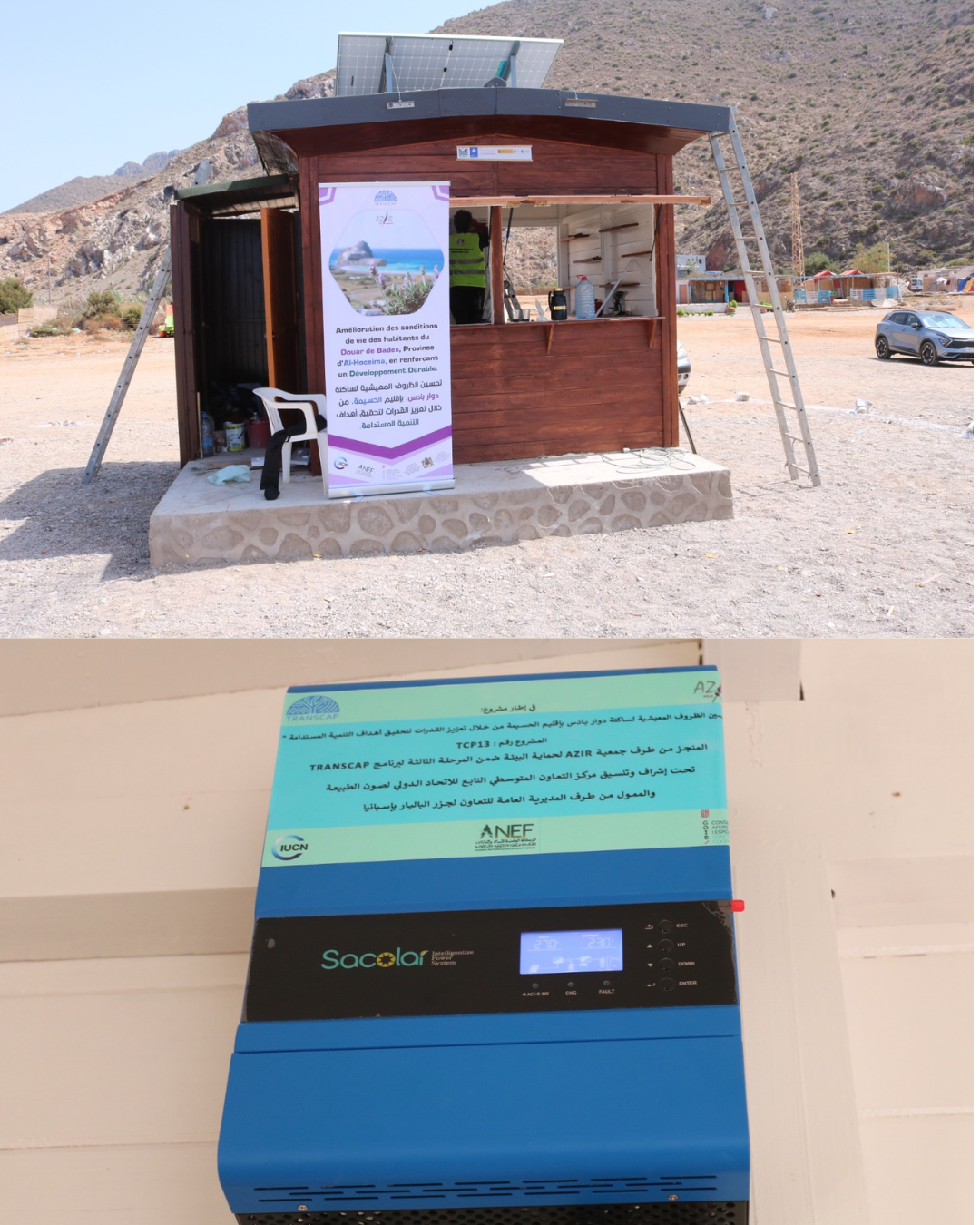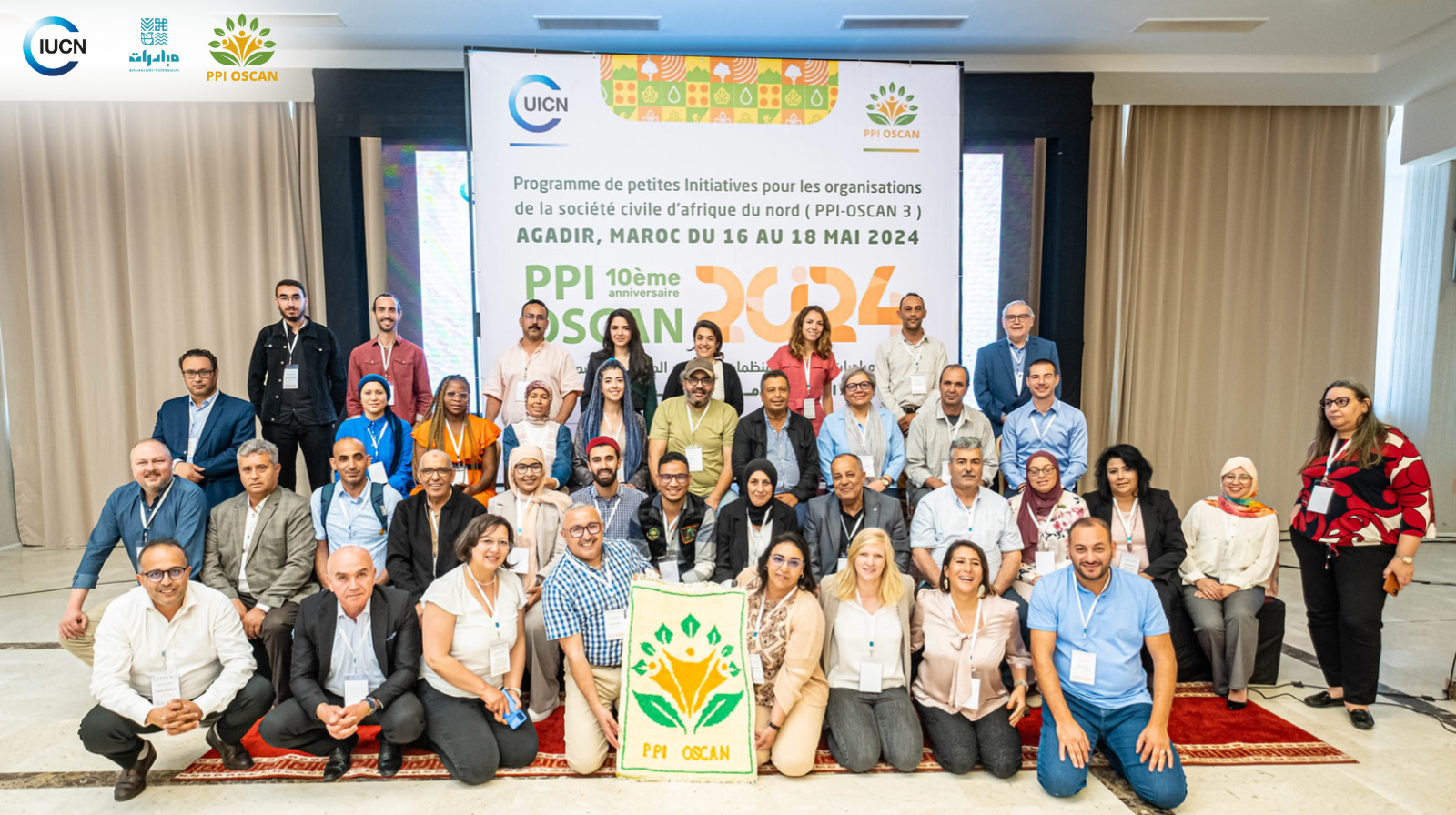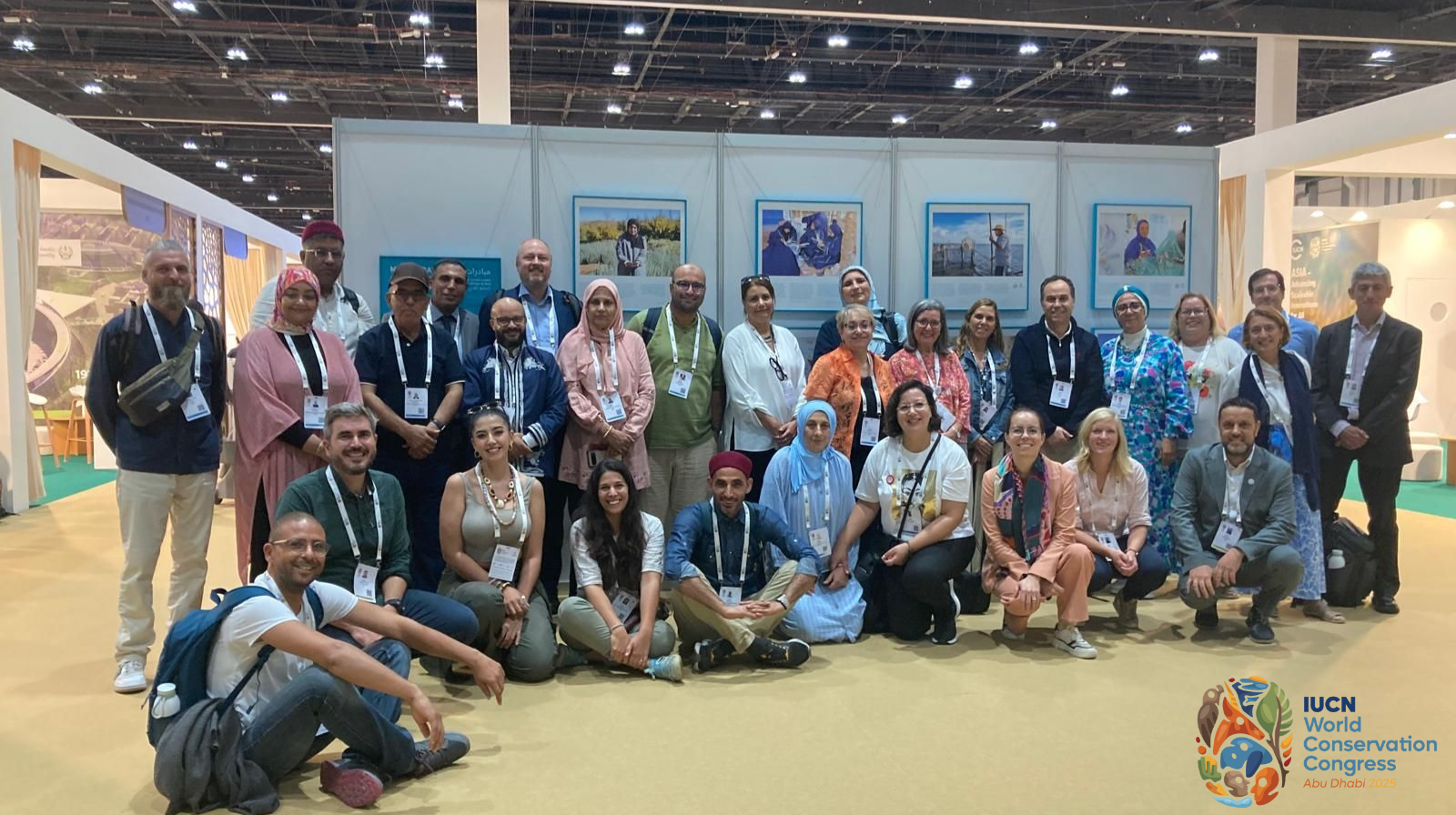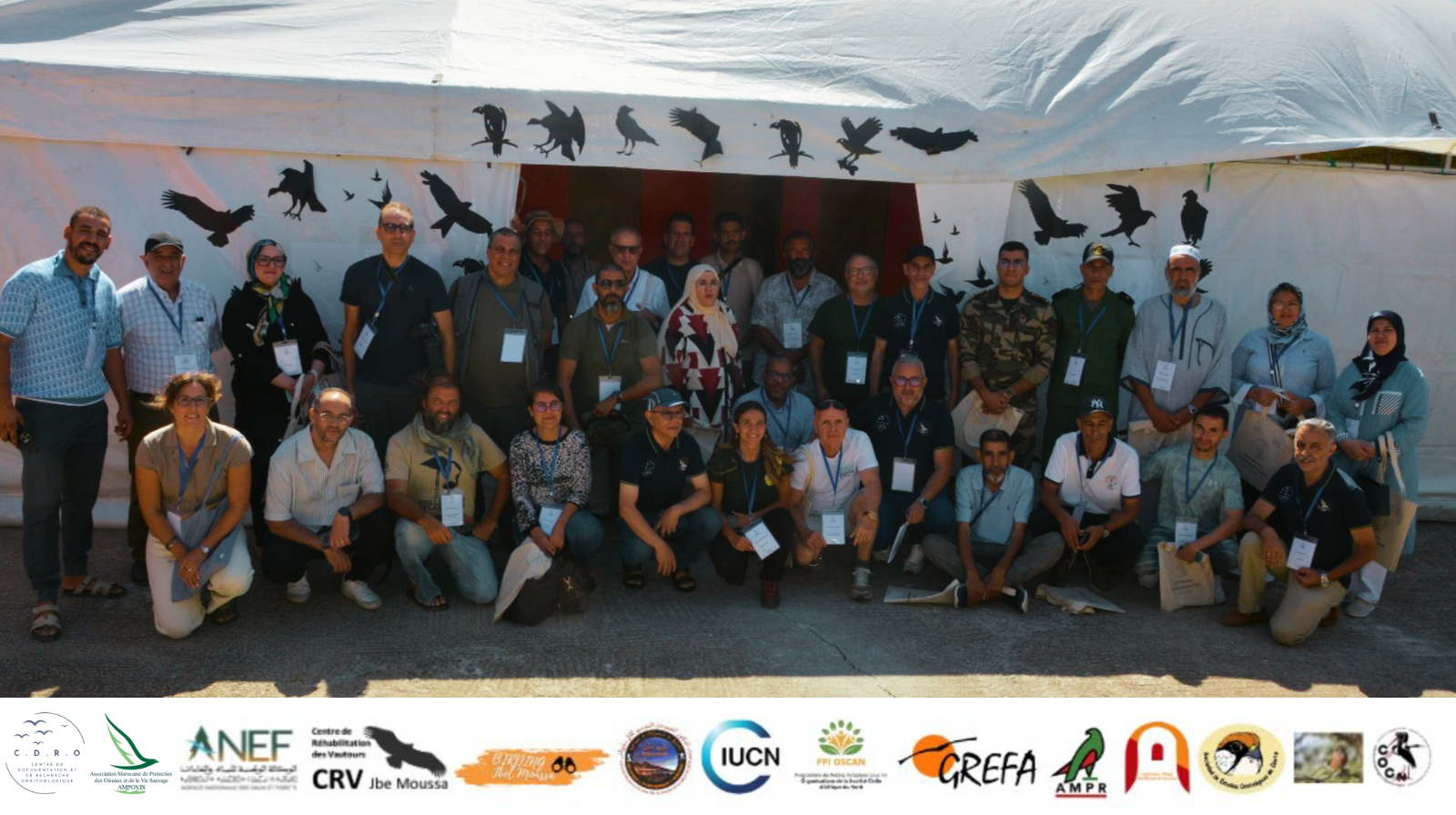Bades: Solar Energy Driving Sustainable Development
In a global context marked by growing energy and environmental challenges, Morocco has set ambitious targets for its energy transition: reaching 60% renewable energy in the electricity sector by 2035 and 70% by 2050, while reducing greenhouse gas emissions by 30% in line with the Paris Agreement. In line with these national commitments, the TransCap program works to strengthen cooperation in tackling climate change and conserving biodiversity.

A Solar Energy Initiative in the Heart of Al-Hoceima National Park
In this spirit, the village of Bades located about 150 km east of the Strait of Gibraltar and 35 km west of Al-Hoceima has been equipped with photovoltaic solar panels. This project is part of the initiative “Improving the living conditions of the inhabitants of Douar Bades through the promotion of sustainable development” led by the association AZIR for the Environment.
Founded in the 8th century and once the main port of the city of Fez during the Middle Ages, Bades has been connected since 1930 to the Peñón de Vélez de la Gomera (a Spanish territory) by an 85-meter sandbank. Today, this village rich in history is stepping into a sustainable future thanks to renewable energy.
Empowering the Nisae Bades Women’s Cooperative through Solar Energy
One of the key beneficiaries of the installation is the shop of the Nisae Bades Women’s Cooperative. This initiative, born from a participatory consultation conducted by the association with local women, directly addressed their need to overcome isolation and frequent power outages, which hindered the development of their income-generating activities.
Located in a remote area with limited and unstable access to electricity, the cooperative can now meet its energy needs independently. The goal is twofold: to ensure the continuity of women-led productive activities and to promote energy self-consumption, thereby reducing costs and increasing the revenue generated from selling their local products.
By integrating a renewable energy source into its operations, the women’s cooperative strengthens its resilience while embracing a model of sustainability. Local crafts and traditional products are thus enhanced at every stage of their production respecting both the environment and ancestral know-how.

The project is implemented and funded under the TransCap program, coordinated by the IUCN Centre for Mediterranean Cooperation (IUCN-Med) and financed by the Directorate General for Cooperation of the Balearic Islands. The TransCap program aims to strengthen the role of Civil Society Organizations (CSOs) in addressing current challenges related to environmental conservation and sustainable development in Mediterranean communities of Morocco and Tunisia.
👉 To learn more about the associations supported by the TransCap program: https://mubadarat-uicn.org/projets/#TransCap
👉 For more information about our initiatives and commitment to CSOs in North Africa, visit: https://linktr.ee/mubadaratbyiucn







